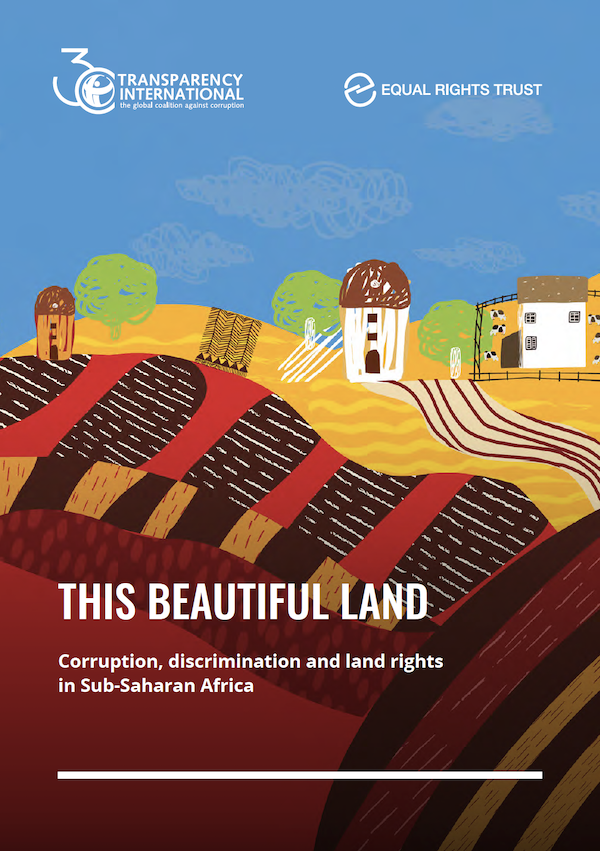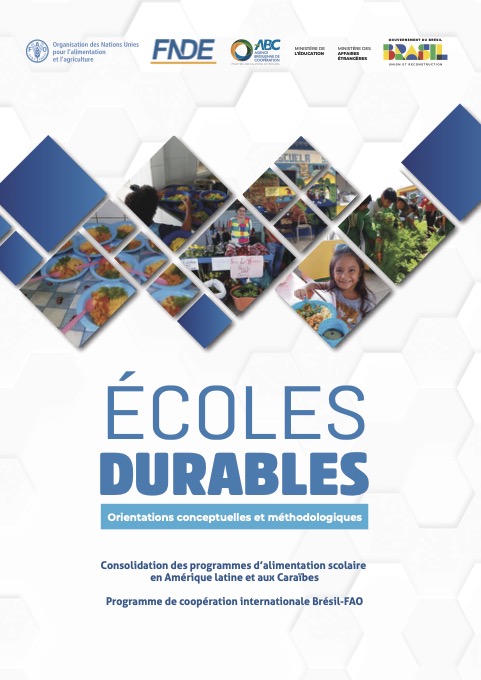LAND-at-scale Exchange 2024 Summary Report
After two years of organizing the LAND-at-scale Exchange in Utrecht, the third LAND-at-scale exchange took place from June 9th to June 13th in Uganda, hosted by LAS partner UN-Habitat/ Global Land Tool Network. Nearly 60 LAS country and knowledge partners came together in Kampala to exchange lessons learned and explore common challenges. As of 2024, twelve country projects are being implemented under the LAS program, namely Burkina Faso, Burundi, Chad, Colombia, Egypt, Iraq, Mali, Mozambique, the Palestinian Territories, Somalia, Rwanda and Uganda.




